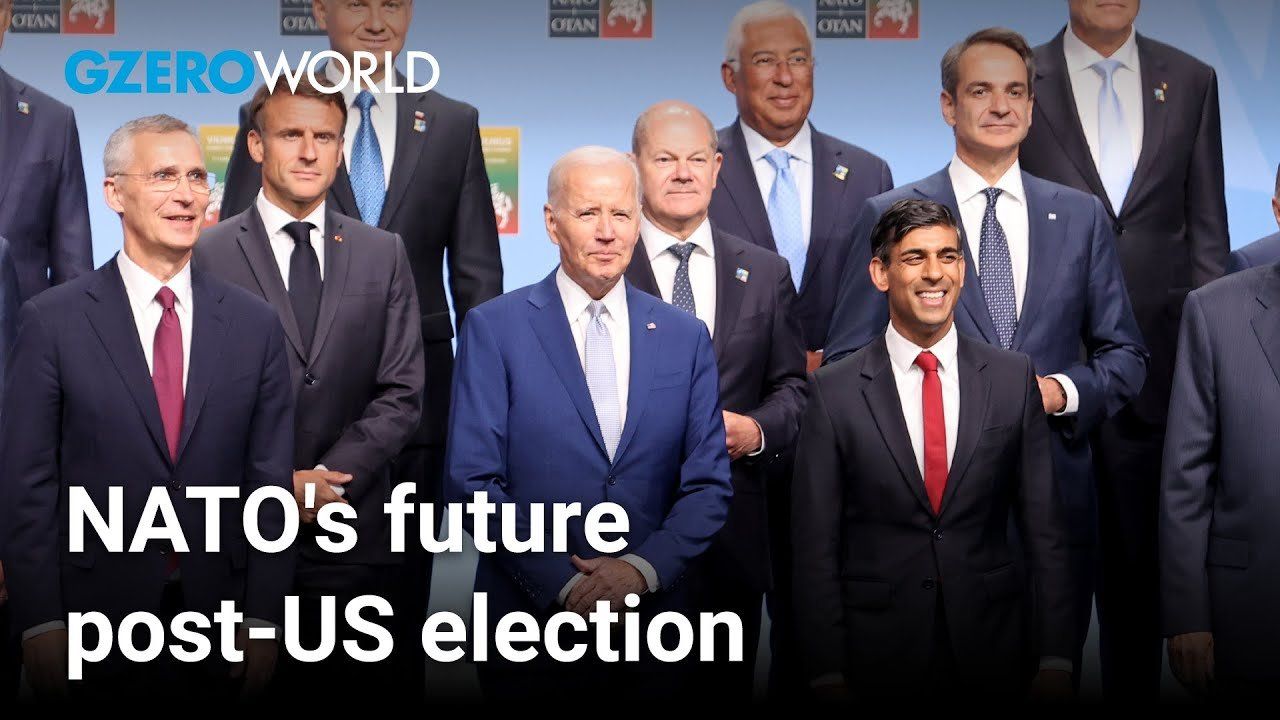GZERO World Clips
NATO unity will hold no matter the US election, says Norwegian PM

NATO unity will hold no matter the US election, says Norwegian PM | GZERO World

Norwegian Prime Minister Jonas Støre sits with Ian Bremmer on the sidelines of the Munich Security Conference for a candid conversation about NATO’s uncertain future and its enduring importance. The challenges and necessities facing NATO and the broader transatlantic alliance amidst ongoing global security concerns have only become more heightened given the conflict in Ukraine.
"We have to continue to support Ukraine defending itself,” Støre tells Bremmer, especially given the uncertainty of the US presidential election. "We experienced four years under President Trump. The elections have not been held, it's not a given. It'll be exciting months ahead."
Støre emphasizes Norway's NATO contributions, both in terms of military support to Ukraine and hosting a significant number of Ukrainian refugees. He also highlights Europe's substantial financial and military support for Ukraine, illustrating the collective effort to defend democratic values and territorial integrity in the face of aggression. His conversation with Ian Bremmer, which can be found in the latest episode of GZERO World, outlines the complexities of international defense politics, the indispensable role of NATO, and the ongoing commitment of European nations to support Ukraine, underscoring the critical importance of unity and collaboration in addressing global security challenges.
On Ian Explains, Ian Bremmer takes a look at the growing surge in global conflict and the ripple effects of so much violence, war, and armed struggle throughout the world.
Think you know what's going on around the world? Here's your chance to prove it.
The European Union just pulled off something that, a year ago, seemed politically impossible: it froze $247 billion in Russian central bank assets indefinitely, stripping the Kremlin of one of its most reliable pressure points.
Big global stories. Real conversations with world leaders. Our award-winning global affairs show, GZERO World with Ian Bremmer, goes beyond the headlines on the stories that matter most. Here’s a look back at the 10 most quotable moments from this year’s episodes.